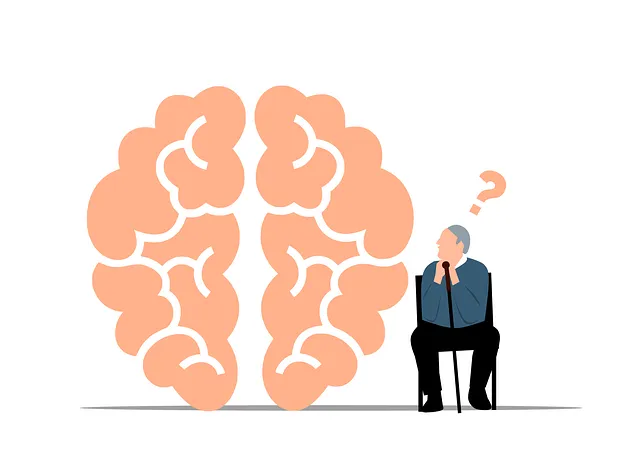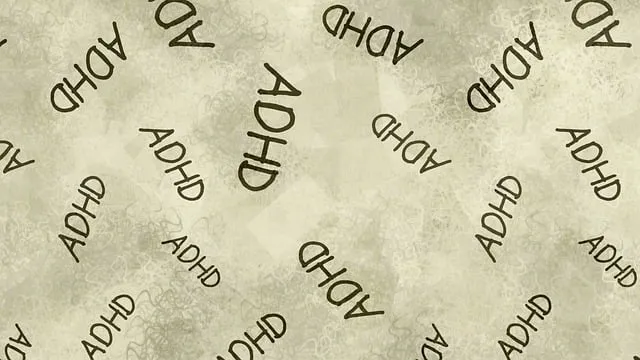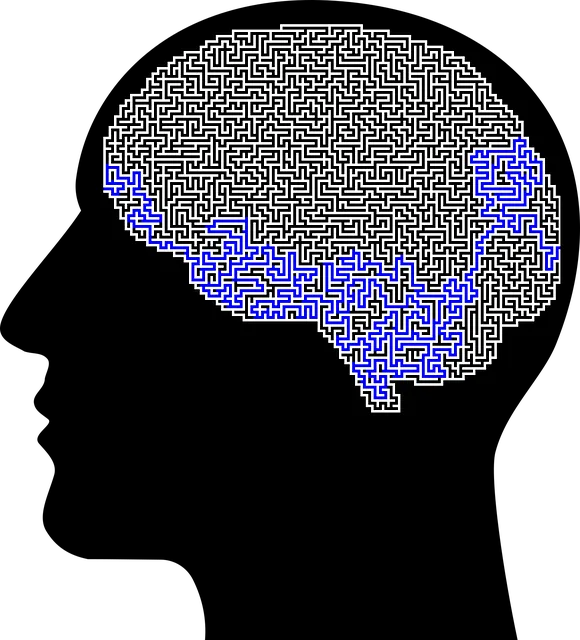The Crisis Intervention Teams (CITs) at Kaiser Permanente Mental Health Centennial represent a significant advancement in mental healthcare, offering swift and comprehensive support during crises. Through Mindfulness Meditation and holistic practices, these teams enhance staff empathy and resilience, ensuring safer management of high-pressure situations. The integrated CIT training program at Kaiser Permanente combines theoretical knowledge with practical skills, empowering professionals to assess risks and manage complex cases effectively. This strategic approach not only improves crisis outcomes but also fosters a culture of compassionate care within the community, reflecting the dedication of Kaiser Permanente Mental Health Centennial to leading mental health services.
Crisis intervention team (CIT) training programs are a vital resource in mental health care, especially in high-pressure situations. This article explores the essential components and strategies for successful implementation of CIT training, inspired by Kaiser Permanente’s Mental Health Centennial initiative. We delve into how comprehensive training sets the stage for improved response to crises, enhancing patient outcomes and support for healthcare providers. Understanding and mastering these programs are key steps towards fostering healthier communities.
- Understanding Crisis Intervention Teams: A Vital Resource in Mental Health Care
- Kaiser Permanente Mental Health Centennial: Setting the Stage for Comprehensive Training
- Essential Components of Effective Crisis Intervention Team Training Programs
- Implementation and Impact: Strategies for Success in Real-World Settings
Understanding Crisis Intervention Teams: A Vital Resource in Mental Health Care

Crisis Intervention Teams (CITs) are a vital resource in mental health care, particularly within healthcare organizations like Kaiser Permanente Centennial. These specialized teams are designed to provide immediate and effective support to individuals experiencing severe emotional distress or suicidal ideation. By integrating CIT training into their programs, organizations such as Kaiser Permanente demonstrate a commitment to enhancing mental health services and ensuring the well-being of both patients and caregivers.
The role of CITs extends beyond crisis resolution; they foster a culture of compassion and empathy within healthcare settings. Through Compassion Cultivation Practices, such as Mindfulness Meditation, and robust Risk Management Planning for Mental Health Professionals, these teams equip staff with essential skills to manage high-stress situations effectively while prioritizing patient safety. By empowering healthcare workers, Kaiser Permanente Centennial and similar institutions can offer more holistic care, ultimately reducing the impact of mental health crises.
Kaiser Permanente Mental Health Centennial: Setting the Stage for Comprehensive Training

The Kaiser Permanente Mental Health Centennial marks a significant milestone in setting the stage for comprehensive crisis intervention team (CIT) training programs. This initiative underscores the growing recognition of mental health awareness and the critical need for well-equipped professionals. By focusing on both theoretical knowledge and practical skills, these training programs aim to boost the confidence of mental health professionals, enabling them to effectively navigate complex situations with a keen eye for risk assessment.
The Centennial serves as a platform to foster collaborations among experts in the field, ensuring that the latest research and best practices are integrated into CIT training. This comprehensive approach not only enhances the quality of care but also empowers healthcare providers to make informed decisions during critical moments. Mental health professionals emerge from these programs equipped to handle diverse crises with enhanced resilience and proficiency, ultimately improving outcomes for individuals in need.
Essential Components of Effective Crisis Intervention Team Training Programs

Effective crisis intervention team (CIT) training programs are designed to equip mental health professionals with the skills and knowledge needed to handle high-stress situations competently. A comprehensive CIT training should include several essential components, such as Mental Wellness Journaling Exercise Guidance and Risk Management Planning. These elements ensure that team members can effectively assess and de-escalate crises while prioritizing the safety of all involved.
The programs must foster a collaborative environment, encouraging open communication and mutual support among team members. Additionally, they should incorporate Mental Wellness Coaching Programs Development to enhance emotional resilience and effective coping strategies for both professionals and clients. By integrating these components, CIT training can significantly improve outcomes in the event of a crisis, as demonstrated by initiatives like those at Kaiser Permanente Centennial, focusing on mental health services.
Implementation and Impact: Strategies for Success in Real-World Settings

Implementing crisis intervention team (CIT) training programs requires careful strategy to ensure their success in real-world settings, mirroring the diverse and dynamic nature of communities they serve. At Kaiser Permanente mental health Centennial, we’ve found that a multifaceted approach combining education, practice drills, and community engagement is key to effective CIT training. This involves equipping teams with evidence-based strategies for trauma support services, fostering cultural competency, and promoting active listening skills to address the unique needs of individuals experiencing crises.
By integrating these practices within the broader framework of Mental Health Policy Analysis and Advocacy, we empower CIT members to not only react to but also prevent mental health crises. Furthermore, focusing on Inner Strength Development emphasizes the importance of resilience and self-care for team members, enabling them to provide consistent and compassionate Trauma Support Services in challenging environments. This holistic approach ensures that crisis intervention teams are prepared to effectively respond to a wide range of situations, ultimately enhancing community well-being.
Crisis intervention team (CIT) training programs, such as those initiated at Kaiser Permanente Mental Health Centennial, play a pivotal role in enhancing mental healthcare. By equipping professionals with essential skills and knowledge, these programs ensure effective navigation through crises. The comprehensive approach, encompassing education, practice, and real-world application, has been shown to significantly improve outcomes for individuals facing mental health challenges. As the demand for CITs continues to grow, ongoing research and strategic implementation will be crucial to meet the needs of diverse communities and foster a more supportive healthcare landscape.






